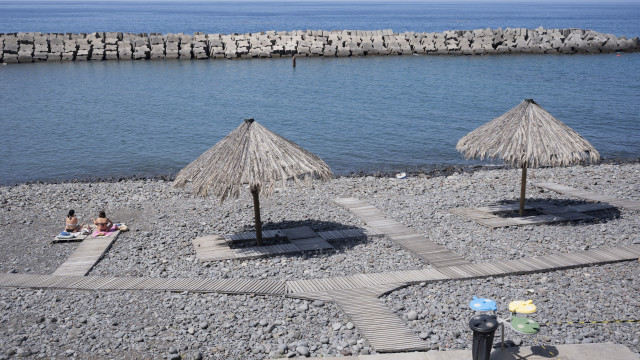
The National Association of Restaurants – Association for the Defense, Promotion and Innovation of Restaurants in Portugal (PRO.VAR) is preparing a proposal to create a “new layoff model adapted to the unpredictability of demand in the restaurant sector, which functions as a hybrid solution between traditional layoff and a time bank,” according to a statement released by the association.
Without detailing the mechanism, the business association indicates that the proposal aims to enable companies to adjust “their human resources to activity fluctuations with greater flexibility and security, simultaneously protecting workers, businesses, and the public interest.”
To discuss this and other claims brought to the table, PRO.VAR seeks to schedule meetings with the government, focusing on three key measures for the sector.
The association advocates the creation of a “training community” in the restaurant field involving “the government, municipalities, and hospitality schools to urgently address the lack of qualified labor.”
Meanwhile, there is a need to regulate the sector to curb what it describes as “unfair competition and devaluation” of the restaurant business. In this aspect, it specifically proposes the introduction of two regulatory measures: the creation of a “forfait tax” and the “end of zero licensing.”
A third set of measures to be discussed with the government involves fiscal and contribution fronts: lowering the VAT for restaurants from 13% to 6% on meals served at restaurants and exempting the Social Security Tax (TSU) “on the portion of salaries that exceed collective labor contract values, as a way to attract and retain talent,” the association states in the same communication.
The measures announced today were presented by the association at an event in Porto on July 9, attended by the Secretary of State for Tourism, Pedro Machado.
The layoff involves the temporary reduction of normal working periods or suspension of employment contracts initiated by companies for a designated time due to market, structural, or technological reasons or due to catastrophes or other occurrences that have severely affected the normal activity of the company.




